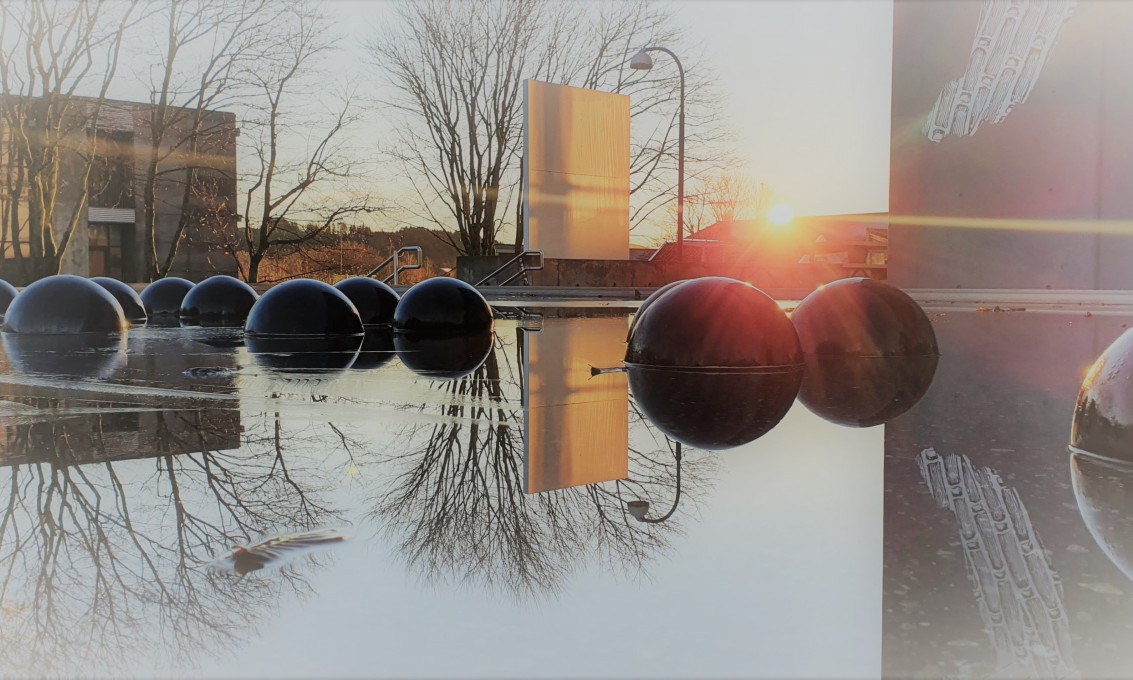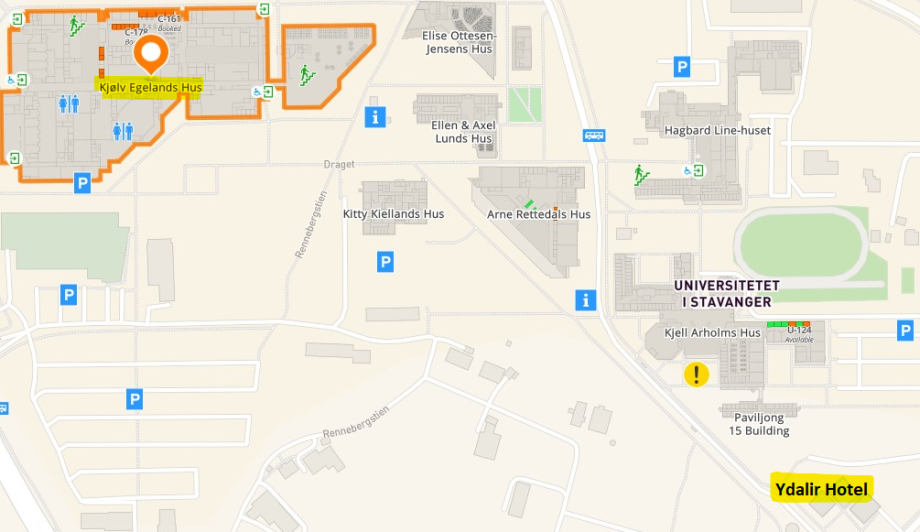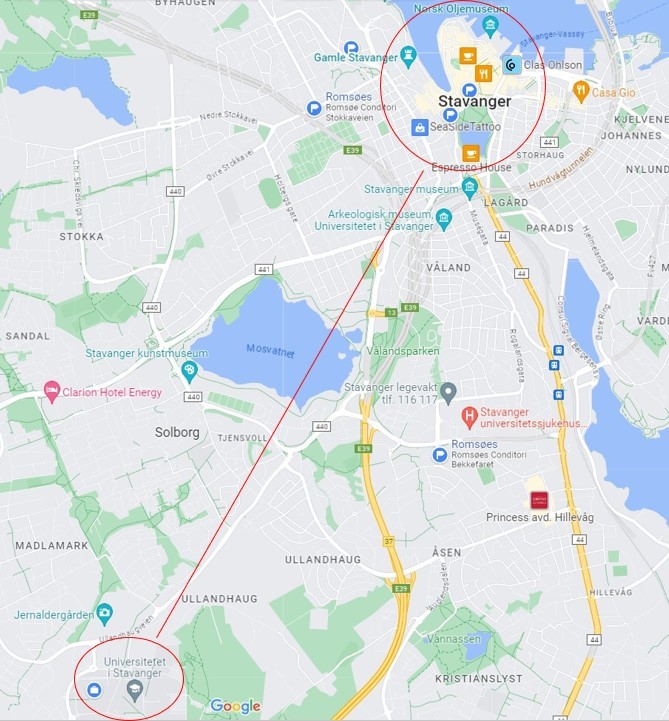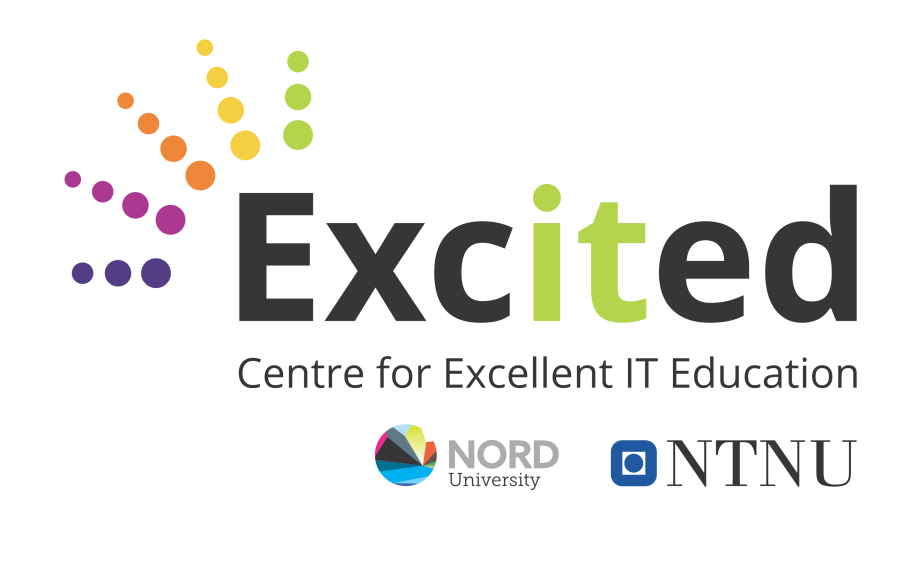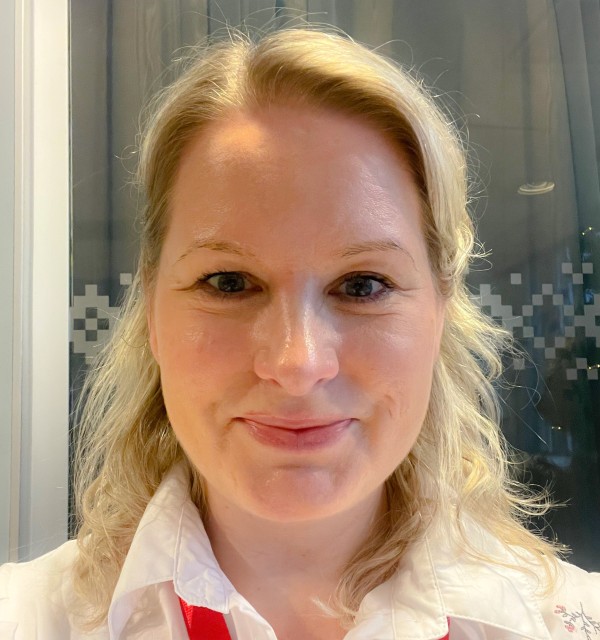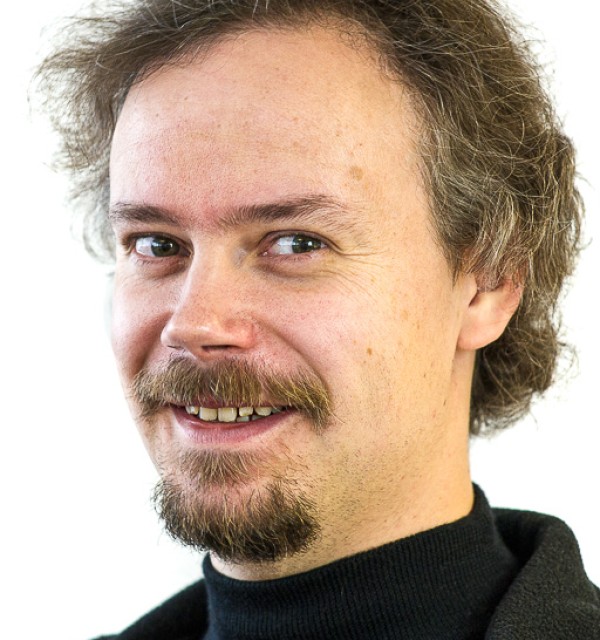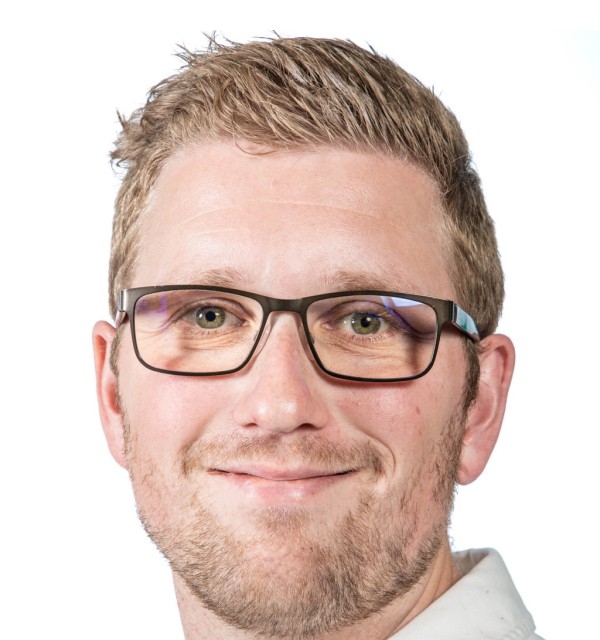35th Norwegian ICT Conference for Research and Education.
27-30 November 2023
Stavanger
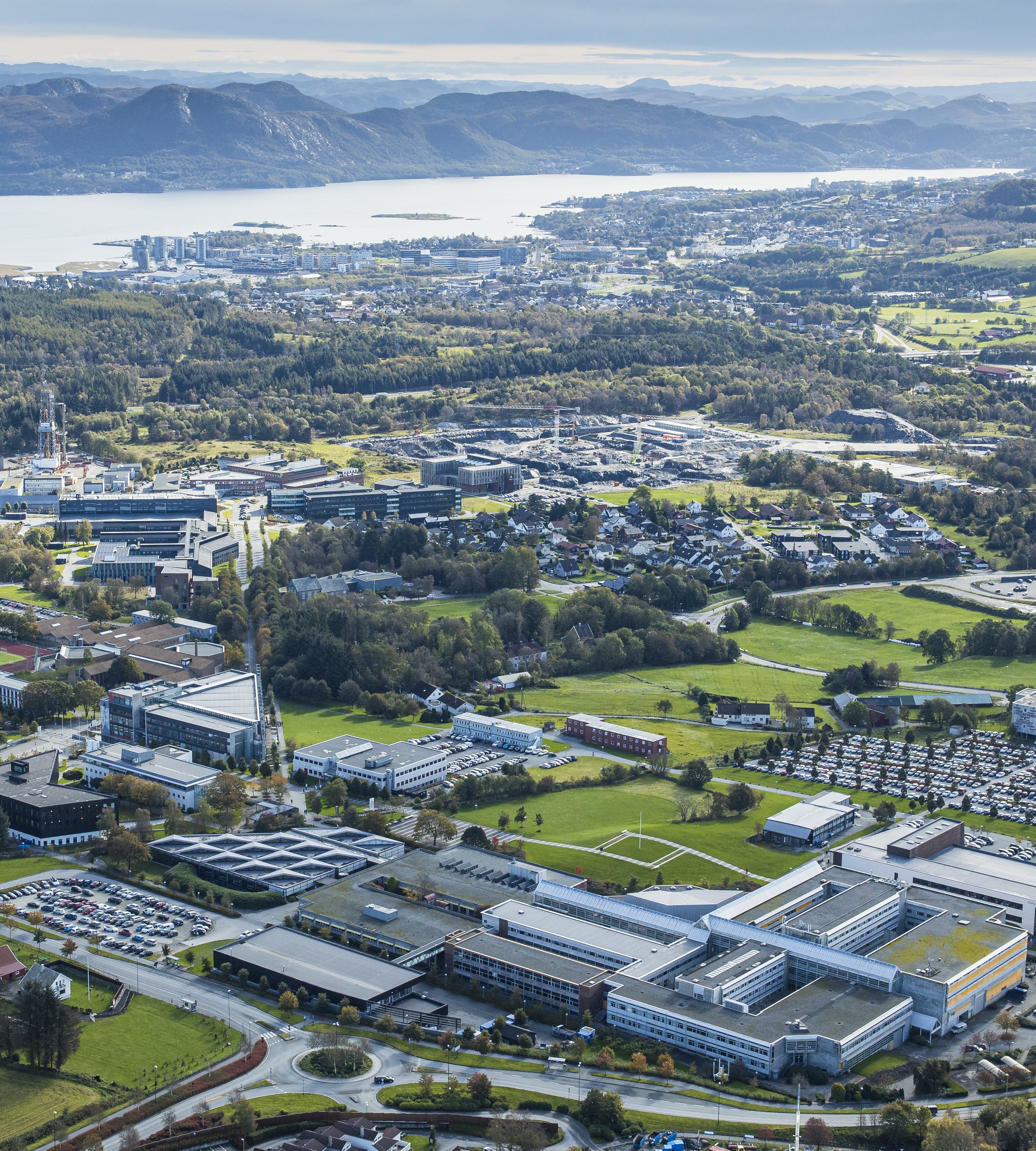
We have the pleasure of welcoming you to the 35th Norwegian ICT Conference for Research and Education, NIKT 2023.
This conference is an important annual meeting place for ICT-researchers in Norway. The conference will last from Monday 27 November 09:00 - Thursday 30 November 16:00.
The conference is hosted by Department of Electrical Engineering and Computer Science at Faculty of Science and Technology, University of Stavanger.
The conference consists of four tracks:
- NIK – Norwegian Informatics Conference
- NOKOBIT – Norwegian Conference for Organizations’ Use of IT
- NISK – Norwegian Information Security Conference
- UDIT – Norwegian Conference for Education and Didactics in IT subjects
Alexander Lundervold
Associate Professor at Høgskulen på Vestlandet
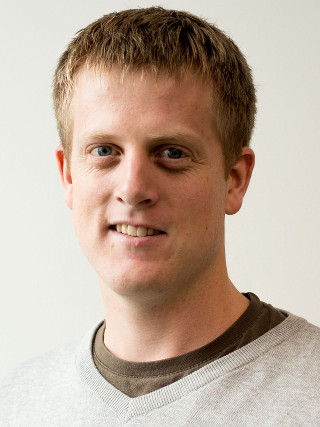
Abstract
From research to reality: Practical use of Generative AI
The talk dives into the evolving realm of generative AI, focusing on the impact and applications of Large Language Models (LLMs) like GPT.
Shifting from an era of intensive research to an age of practical deployment, LLMs have transitioned from “research mode” to “release mode”, providing powerful tools with significant real-world utility in scenarios ranging from customer service and education to research and development. We aim to highlight how organizations employ these tools to boost productivity, develop new solutions, and create competitive advantages, redefining the landscape of organizational IT usage.
We will also explore the frontier of generative AI, shedding light on some emerging trends shaping the field.
Bio
My teaching and research activities are motivated by two questions: “How do you turn machine learning models into machine learning solutions” (machine learning engineering) and “What’s the role of artificial intelligence in medicine and healthcare, now and in the future?” (medical AI).
At HVL, I’m part of the Artificial Intelligence Engineering group. I have a part-time position as a Senior Data Scientist at Haukeland University Hospital, where I lead the Medical AI activities at the Mohn Medical Imaging and Visualization Center. As a Partner in AkademiX, I collaborate with industry trying to bring research into practice.
Websites: https://www.hvl.no/person/?user=Alexander.Selvikvag.Lundervold, https://alexander.lundervold.com/
Bjørn Erik Munkvold
Professor at University of Agder
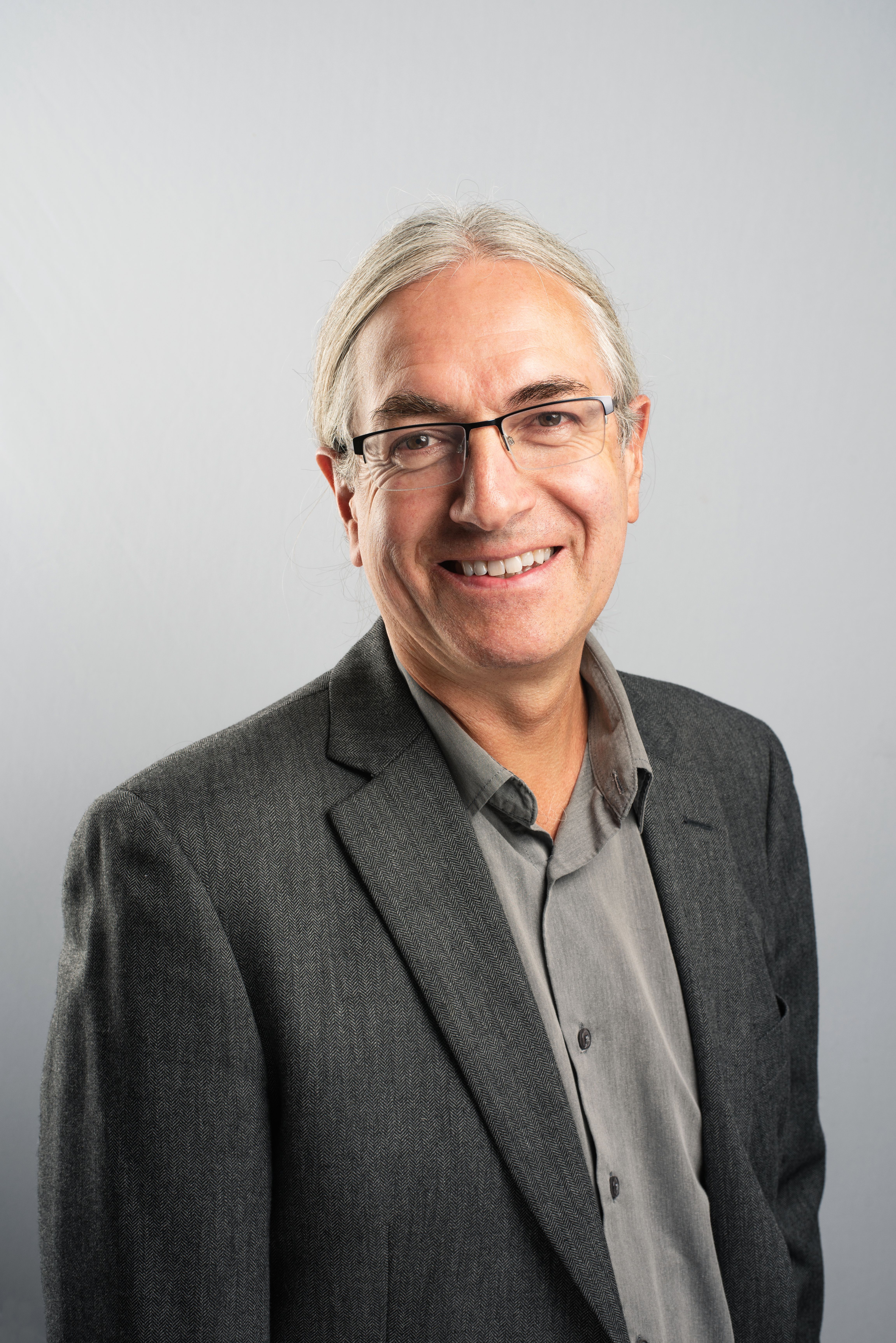
Abstract
Technology-based innovation for societal resilience
With society today being exposed to a complex set of risk and threat scenarios resulting from both natural and man-made hazards, technology is becoming increasingly important for supporting crisis preparedness, response, and recovery. Information systems are vital for continuous monitoring of evolving crisis scenarios, and for supporting coordination and decision-making among different organisations and agencies involved in joint operations. While progress is being made, research in this domain is still somewhat fragmented across different communities.
The talk will bring together some of the current research on technology-supported crisis management, providing examples and pointing to areas in need of further work. The focus will be on the use of technology for supporting collaboration and information sharing among stakeholders involved in crisis preparedness and response.
Bio
Bjørn Erik Munkvold is professor in information systems at the University of Agder and adjunct professor at Kristiania University College. He is Director of the Centre for Integrated Emergency Management (CIEM) at University of Agder, which conducts interdisciplinary research on technology-based innovation for societal resilience. Professor Munkvold has thirty years of experience on research related to implementation of ICT in different organizational contexts, with particular emphasis on collaborative technologies. He has conducted in-depth studies of implementation and use of technological solutions supporting enterprise collaboration and content management, virtual projects, knowledge management, enterprise resource planning systems and building information modelling, with an overall focus on contributing to effective deployment and use of the technologies. His current research focus is on how ICT can support collaborative work practices in the domain of crisis management and societal resilience.
Website: https://agder.academia.edu/Munkvold
Tor Helleseth
Professor Emeritus at the Selmer Center
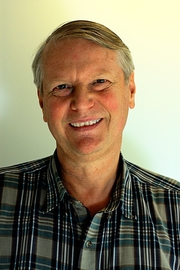
Bio
Tor Helleseth received his Dr. Philos. degree in mathematics from the University of Bergen, Norway, in 1979. In 1979-1980 he was a Research fellow at the Eindhoven University of Technology, The Netherlands. From 1981 to 1984 he was at the Chief Headquarters of Defense in Norway. Since 1984 he has been a Professor at the Department of Informatics at the University of Bergen. He has led the Selmer Center from the very begining and has been the major factor in building up the group.
His research interests are coding theory, cryptography, sequences and discrete mathematics. He has published more than 400 papers in international refereed journals or conferences, chapter in books, chapters in Encyclopaedias etc. (103 of the papers are in the prestigious IEEE Transactions on Information Theory)
During 1991-1993 and 2012-2014 he served as an associate editor for the IEEE Transactions on Information Theory. He is on the editorial board on Designs, Codes and Cryptography since 1996 and on Cryptography and Communications: Discrete Structures, Boolean Functions and Sequences since 2009.
Website: http://www.ii.uib.no/~torh/
Roy Andersson
Academic Developer and Senior Lecturer/Associate Professor at Lund University
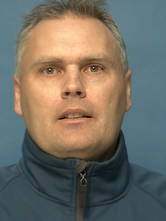
Abstract
How to grow a positive teaching culture through collegiality and SoTL
In order to create a coordinated educational development – not only for individual teachers and in individual subjects, but also across programs, professional environments and institutions – a collegial culture is required that goes beyond the individual, where teachers have a research-based and scientific approach to teaching and learning. In other words, they should have a Scholarship of teaching and learning (SoTL) approach. Many strengths of the research culture can also be adopted in the teaching culture, which benefit from being evidence-based, hypothesis-driven, and peer-reviewed. A key feature of SoTL is that university teachers approach their teaching much in the same way as they approach their research (Boyer 1990).
This presentation will show how a collegial and scientific teacher culture – a SoTL culture – can be developed both at department and institutional level with examples from Lund University, Faculty of Engineering (LTH) and the Centre for Excellence in Biology Education (bioCEED) at University of Bergen.
Bio
Roy Andersson works both as an Academic Developer and as a Senior Lecturer/Associate Professor in Computer Science at the Faculty of Engineering (Swedish acronym LTH) at Lund University. He has been working as an Academic Developer since 1998 and his main interest is in supporting academics to investigate their practice in a scholarly way, in other words supporting Scholarship of Teaching and Learning (SoTL). He is the director for the Centre for Engineering Education at LTH including responsibility for the program of pedagogical courses for university teachers at LTH and he teaches in several courses himself. He is a member of the Pedagogical Academy at LTH since 2002. Since 2015 he also holds a part-time position as Senior Guest Lecturer/Associate Guest Professor at the Centre for Excellence in Biology Education (bioCEED) at the University of Bergen.
Website: https://cs.lth.se/roy-andersson/
Contact
Faculty Administration TN
Project Support and PhD Administration TN
Department of Electrical Engineering and Computer Science
Faculty Administration TN
